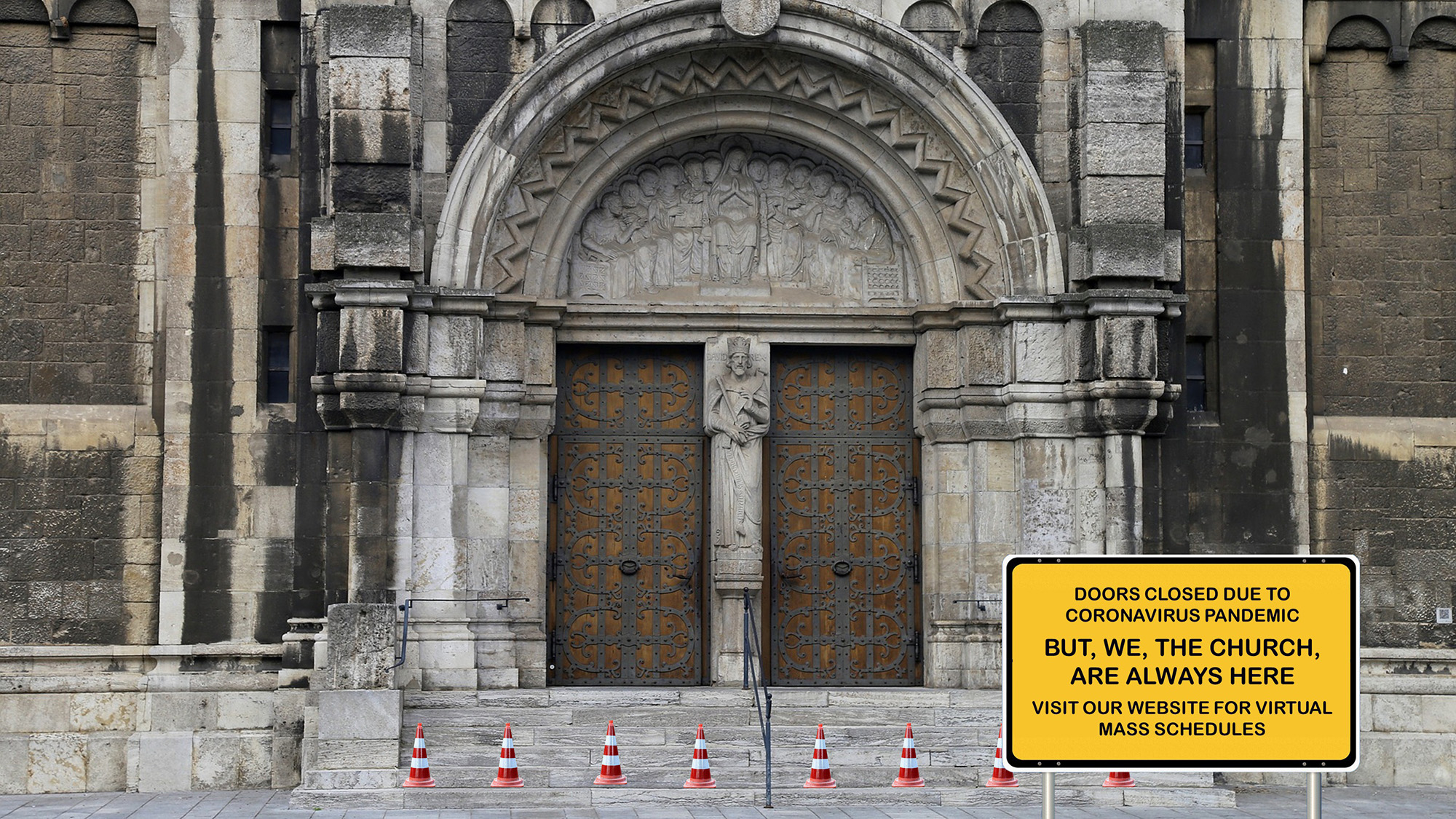Grief is a profoundly personal experience, yet it is one that connects us in our shared humanity. Whether it’s the loss of a loved one, the disconnection brought on by a global crisis like COVID-19, or the challenges faced in leadership roles during tumultuous times, grief shakes the very foundation of our existence. In this conversation between psychologist Debbie Draybi and Father Danny Nouh, we delve into the themes of grief, how to cope with loss, and the community’s role in providing comfort during the most challenging times of our lives.
Key Takeaways
– The importance of presence and accompaniment in supporting those who grieve.
– The unexpected avenues of connection and solidarity forged through adversity.
– The resilience found in faith, community, and shared experiences of grief.
The Presence That Heals: Accompanying Those in Grief
When dealing with loss, there is no one-size-fits-all solution. However, Father Danny highlights a universal need: the importance of being present. Presence goes beyond mere physical proximity; it means being fully attentive to the emotional needs of those who grieve, listening intently and being there in any form, whether in person, over the phone, or through a screen.
“Presence, being present, no matter which form. So trying to work out the best way of being present with the family, with the people that are grieving, listening, making sure that you listen to them and you know exactly what they want, what they need, and then providing for that need, accompanying.”
In his reflections, Father Noor underscores the deep impact that this attentive presence can have, be it his personal tears at a funeral or the simple act of reaching out unannounced to a family in sorrow. The message is clear: authentic presence is irreplaceable in healing the wound of grief.
Creativity in Crisis: The Global Pandemic’s Teachings
The global COVID-19 pandemic forced a disconnection from communal rites that traditionally underpin our experience of grieving. However, it also brought forward an unexpected gift: creativity in forming new connections. Even as churches closed and families were separated, Father Noor describes how technology facilitated a different kind of presence. Streaming services and Zoom gatherings became a new sanctuary for communal support.
“We were able to come up with different ideas of how we were to bring God to the community, to people who were isolated in their rooms or isolated in their homes.”
The pandemic, while a crisis of immense proportions, taught us that solidarity need not be limited by physical barriers. Our ingenuity in connecting across distances provides a model for supporting not only during pandemics but in any situation where physical presence is challenged.
Faith and Resilience: The Light at the End of the Tunnel
Resilience emerges as a recurring theme from the conversation. Both Debbie and Father Noor beautifully articulate how faith and community serve as anchors in the tumultuous sea of emotions that grief brings. It is faith that offers the light at the end of the tunnel, a beacon for those navigating the darkness of loss.
“There’s always that light at the end of the tunnel. And that’s the light of Jesus. It’s the light of Jesus.”
Whether one subscribes to a particular faith or finds resilience through other means, the broader implication is the power of belief — in a higher purpose, in the strength of community, or in the continuity of love. Resilience isn’t about avoiding grief; rather, it’s about embracing it with the knowledge that one is not alone, and this too shall pass.
Grief often leaves us feeling lost, but it also offers an opportunity for growth and newfound strength. The stories shared by Debbie and Father Noor remind us of the universality of loss, the communal nature of healing, and the resilience that lies within each of us. Through presence, creativity, and faith, we find the tools to not only survive grief but to rediscover joy and purpose. These stories of pain and perseverance echo in the hearts of those everywhere who have suffered loss. Sharing them is not just an act of compassion; it’s a testament to our collective resilience and the indomitable human spirit that thrives in the face of adversity.



Leave A Comment